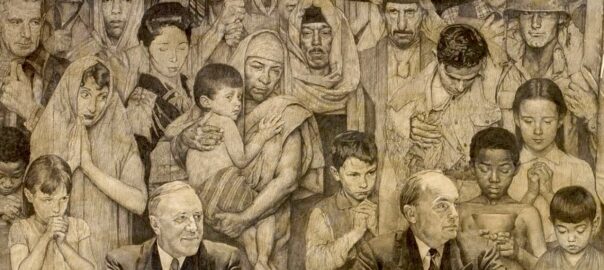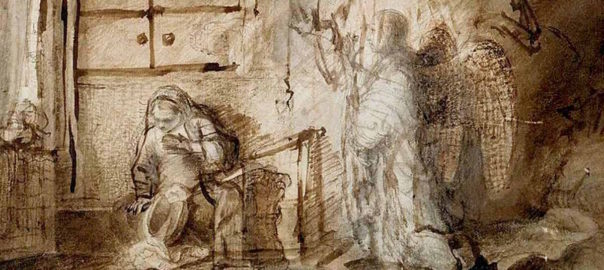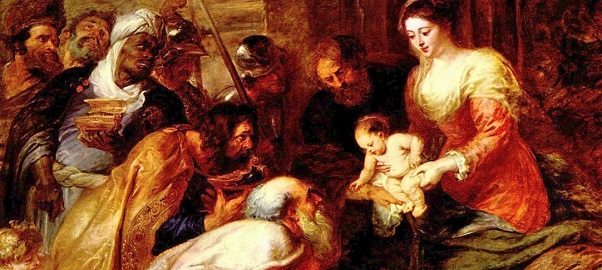
The influence of Christianity and celebrations of winter solstice came together by the 5th century. From that moment to the present, Christians of every tradition have celebrated the Advent Season and Christmas as the dawn of hope, the moment where the Eternal stepped into time and God forever became one of us in Jesus of Nazareth.
For much of history, commemorations were solemn, with Advent, like its Spring counterpart Lent, understood as a time of prayer and sacrifice. With the work of St. Francis and others in the 13th century, Madonna and Child become iconic and celebrations begin, albeit in modest forms. Martin Luther commended lighting the Tannenbaum (Christmas tree), transforming a pagan ritual into a celebration of Jesus as the Light of the world.
The Victorian era is the source of most Western/global Christmas imagery and festivities and only in the late 19th and early 20th century has Christmas become the holiday we know and love today. Many devout Christians still resist this celebration, disliking the pagan influences and the excuse for excess.
The Hope of Christmas is the promise of salvation and peace through the coming of Jesus. This humble son of a carpenter is declared by angels and shepherds, aging prophets and faraway magi as King of the Jews and Savior of humankind. Songwriter Michael Card declares:
“Behold the mystery fantastic and wild; A Mother made by her own Child.”
Author G.K. Chesterton offers this as we ponder the Incarnation:
Gloria en Profundis
There has fallen on earth for a token
A god too great for the sky.
He has burst out of all things and broken
The bounds of eternity:
Into time and the terminal land
He has strayed like a thief or a lover,
For the wine of the world brims over,
Its splendour is split on the sand.
Who is proud when the heavens are humble,
Who mounts if the mountains fall,
If the fixed stars topple and tumble
And a deluge of love drowns all-
Who rears up his head for a crown,
Who holds up his will for a warrant,
Who strives with the starry torrent,
When all that is good goes down?
For in dread of such falling and failing
The fallen angels fell
Inverted in insolence, scaling
The hanging mountain of hell:
But unmeasured of plummet and rod
Too deep for their sight to scan,
Outrushing the fall of man
Is the height of the fall of God.
Glory to God in the Lowest
The spout of the stars in spate-
Where thunderbolt thinks to be slowest
And the lightning fears to be late:
As men dive for sunken gem
Pursuing, we hunt and hound it,
The fallen star has found it
In the cavern of Bethlehem.
The Biblical Story is not one of human ascent to the divine, but of divine longing and pursuit of our race of rebels. It is God that reaches out, God who searches, God who invites…and finally, God who comes in Jesus and makes the ultimate sacrifice for our eternal life. In the words of Linus, “That is what Christmas is all about, Charlie Brown.”




